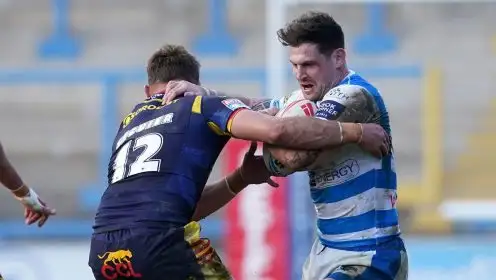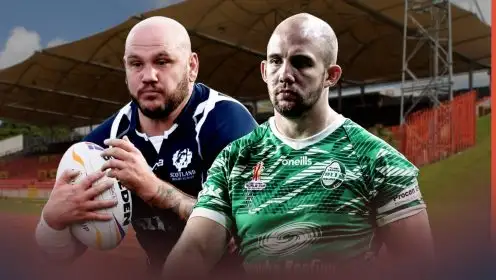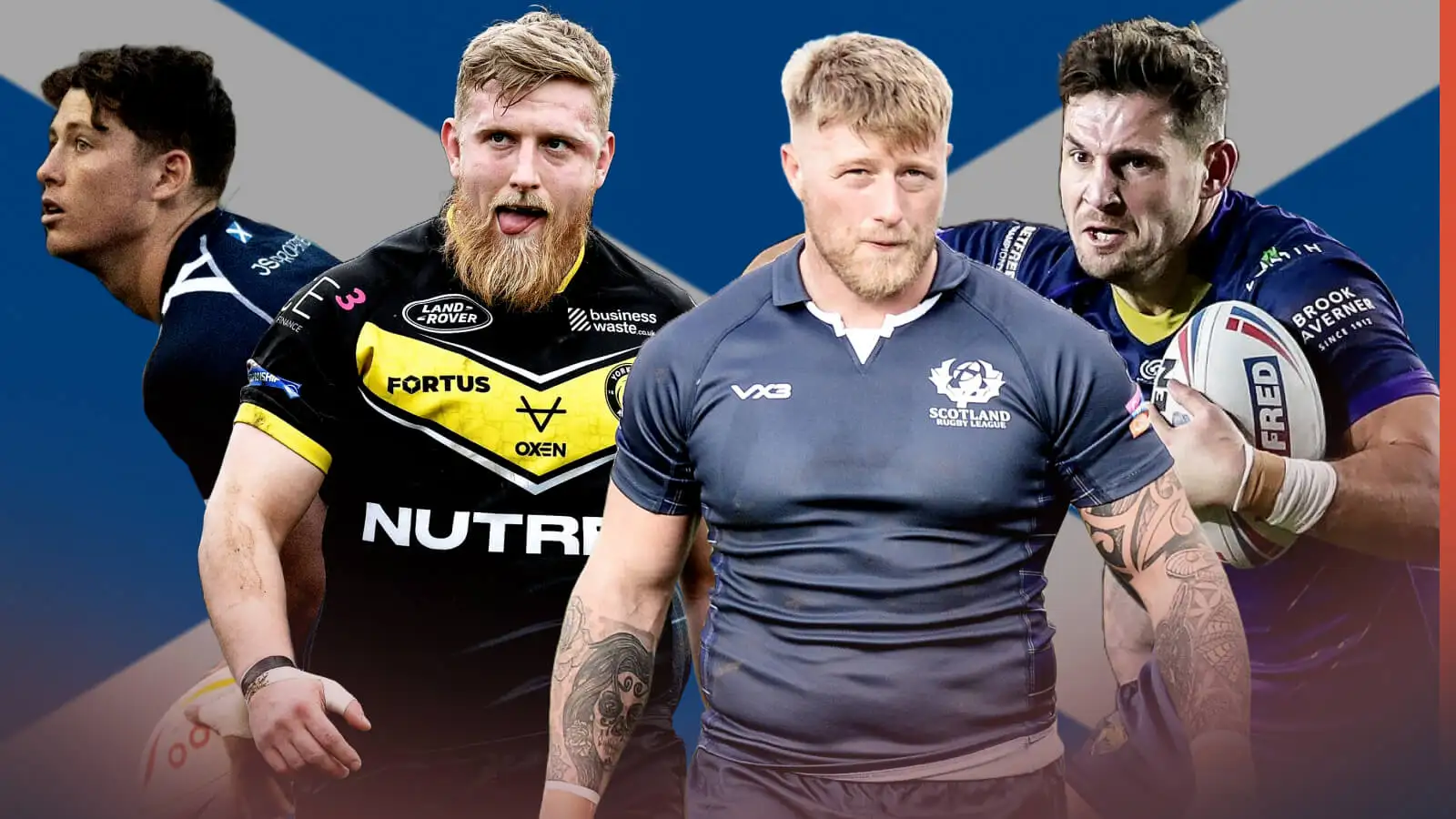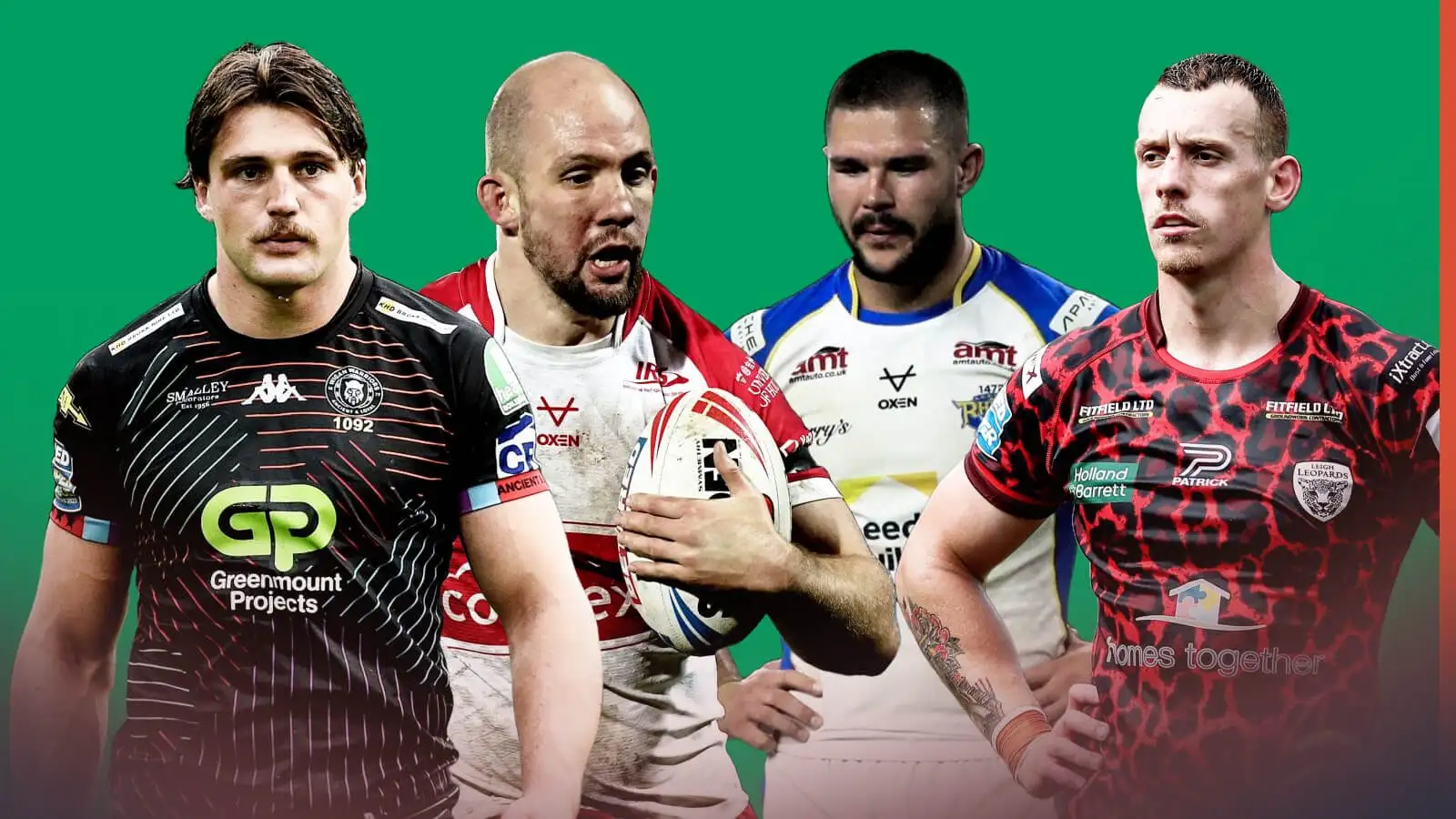New homegrown quota rules to boost international sides
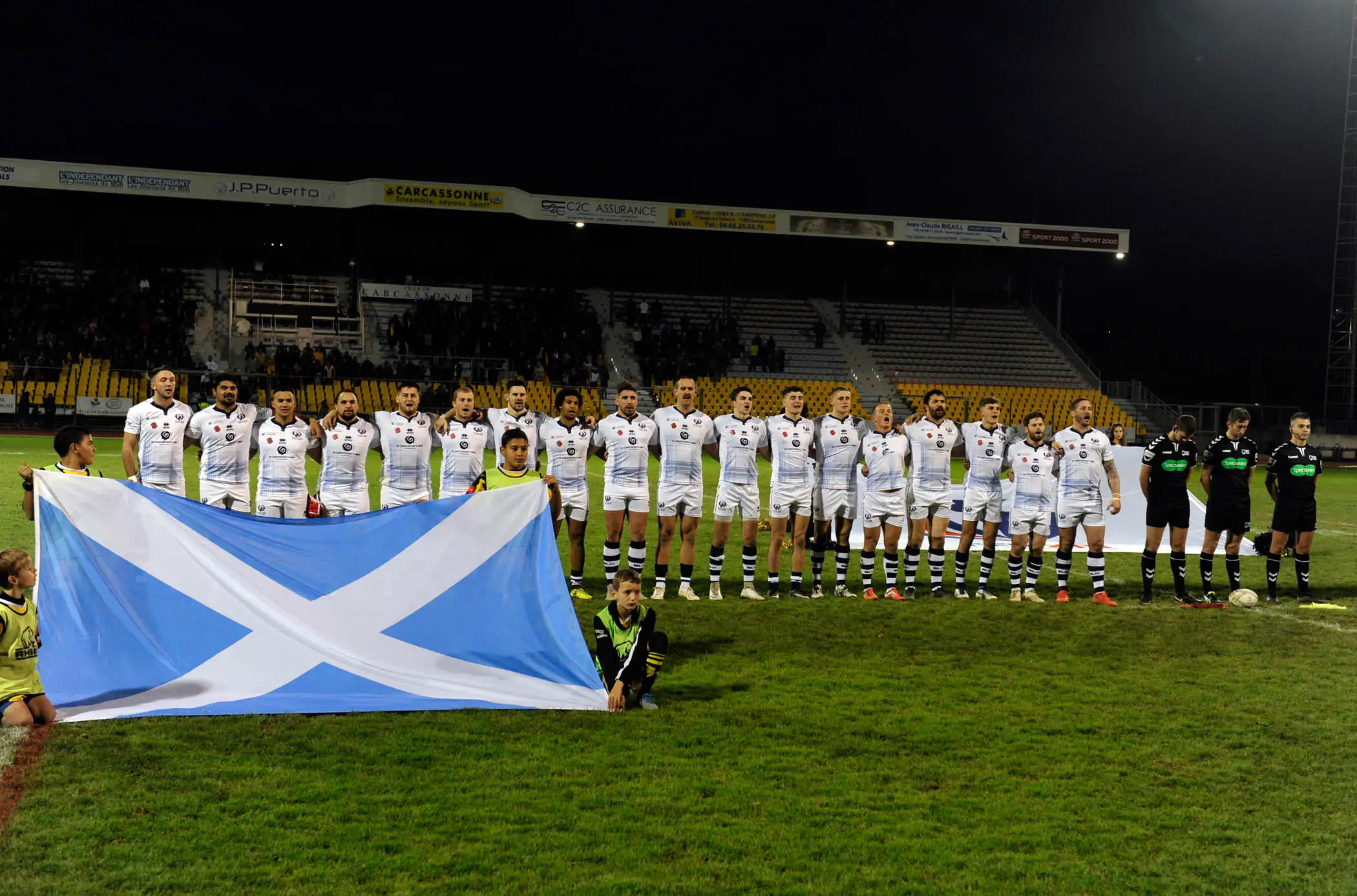
The European Championships will require competing nations to name six homegrown players in their squad, and four on a match day.
It will provide a welcome boost to the development programmes in each nation, while also adding the challenge of not solely relying on heritage players.
Wales have found themselves slipping behind Scotland and Ireland in recent years, despite having contributed several homegrown players to Super League clubs, and so now the pressure reverses to the other nations, who now must include players that have been through their systems.
Scotland reached the quarter-finals of the 2013 World Cup under Steve McCormack, and also registered a memorable draw with New Zealand in the 2016 Four Nations. Of the 17 that drew with the Kiwis, only Matty Russell was born in Scotland.
Their team that secured qualification for the 2021 World Cup by beating Greece in November had Stirling-born Batley back David Scott, but did at least name Edinburgh-born Mikey Mair and Niall Hall in their 19-man squad.
Coach Nathan Graham said: “It’s a massive thing to get Scottish born and bred players through. There’s a lot going on behind the scenes and we’re trying to get a definite pathway which is going from Under 16s to Under 19s to Under 23s (students) and then progress these players into the first team.
“In the qualifiers, I think we had six people who have come through the system who were in the squad of 22, so that was a massive achievement.
“It’s really important to have that flow because in the Euros this year we’ve got to have six homegrown players and four have to play in each game, so it’s important that we get those players up and running and up to speed in rugby league.”
The progress shown at Newcastle Thunder has provided some opportunity for Scottish players, with Scotland and Ireland not enjoying the geographical benefit that perhaps Wales does given the closeness of the north to the heartlands of rugby league.
Likewise in France, though they do have a number of players that have qualified through heritage or residency, the bulk of their squad, like Wales, were born in the country.
Graham added: “It’s a little bit of a different scenario for us to get players through, as the likes of Warrington, Widnes and Wigan aren’t too far away for Welsh-born players.
“I think Ireland are probably on a par with us, but that’s why we’re trying so hard to get that progression through and get people on board, because we do have a lot of high quality rugby union players in Scotland who will come to play rugby league at university so we’re trying to tap into that market.”
St Helens full-back Lachlan Coote is expected to put his hand up to represent Scotland in the European Championships, and there are likely to be others with the World Cup just around the corner.
Another key figure is likely to be Leeds half-back Callum McLelland, who enjoyed a successful spell at Featherstone last season having switched back to league from Scottish rugby union.
Graham added: “We will look at players available. Whoever comes in has to be the right type of person and buy in to what we’re trying to achieve.
“It’s a tricky balance. Lachlan Coote really bought in to it and that’s the type of player we want, if there’s five or six of them, then so be it.
“Callum was outstanding for us in the qualifiers. Even though he’s only a young kid, he’s very mature and led the team around the park.
“He’s one we will be looking at and because we’re a tier two nation, he can still play for us and if he progresses at the Rhinos he can play for England if that’s what he wants to do.”
Kicking off on October 17, the European Championship A division will include France, Scotland, Wales and Ireland, as well as Spain and Italy for the first time.
In Group A1 is France, Italy and Scotland, while Ireland, Spain and Wales play in Group A2, with the winners of each group playing in final on the weekend of November 7/8.
